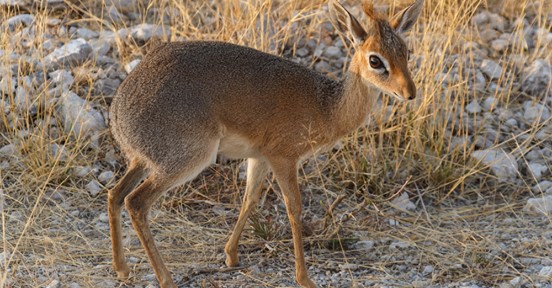'Shocking' human impact rumored on world's protected areas

One third of the world's protected lands ar being degraded by human activities and aren't acceptable purpose, in step with a replacement study.
Six million sq klick of forests, parks and conservation aras are beneath "intense human pressure" from mining, work and farming.
Countries made and poor, ar fast to designate protected areas however fail to follow up with funding and social control.
Since the Convention on Biological Diversity was legal in 1992, the areas beneath protection have doubled in size and currently quantity to nearly V-day of the lands and eight of the oceans.
But researchers currently say that several of those protected aras are actually "paper parks", wherever activities, like building roads, putting in power lines, even building cities, continue while not restrictions.
"What we've shown is that six million sq klick have this level of human influence that's harmful to the species they're attempting to guard," the study's senior author, faculty member geneticist from the University of Australian state and also the life Conservation Society, told the BBC's Science in Action programme.
"It isn't passive, it isn't agnostic; it's harmful which is kind of stunning."
"What was shivery was that the patterns were consistent everyplace. No nation was behaving alright. All nations were permitting significant business within their protected areas, as well as terribly made nations.
"That's in all probability the saddest a part of our study - that nations like Australia and also the United States, that have the resources and have this unbelievable multifariousness to guard, aren't safeguarding those protected areas.
"Many aras in Australia have mining within them; they need important agriculture like grazing; you see work in the special sites that are meant to be preserved."
The researchers checked out world "human pressure" maps to analyse activities across nearly fifty,000 protected space. These one klick resolution maps were ready to show not simply mining, farming and work however the event of roads, power lines and night-time lights - all components that place pressure on species.
Almost thirty third of the protected areas showed the impact of intense human pressure, particularly in heavily inhabited areas of Asia, Europe and continent.
Only 100% of the areas analysed were fully freed from human impacts, and these were lands within the high latitudes of Russia and North American nation.
Countries ar their own worst enemies, says faculty member Watson. Most of the globe has signed the Convention on Biological Diversity (CBD), that commits countries to conservation of species, however conjointly encourages them to report on the amount and not the standard of their efforts.
"The Convention on Biological Diversity has little or no leadership, aforesaid faculty member Watson. "There is no-one setting the bar, holding the quality of what a nation ought to do. So, science like this report holds nations to account and perhaps embarrasses them to require some leadership as a result of straight away no nation is showing that leadership.
"When it involves their natural heritage, we tend to ar running out of time; the extinction crisis is on. Thirty % of species can go extinct within the next fifty years if we do not safeguard nature properly."